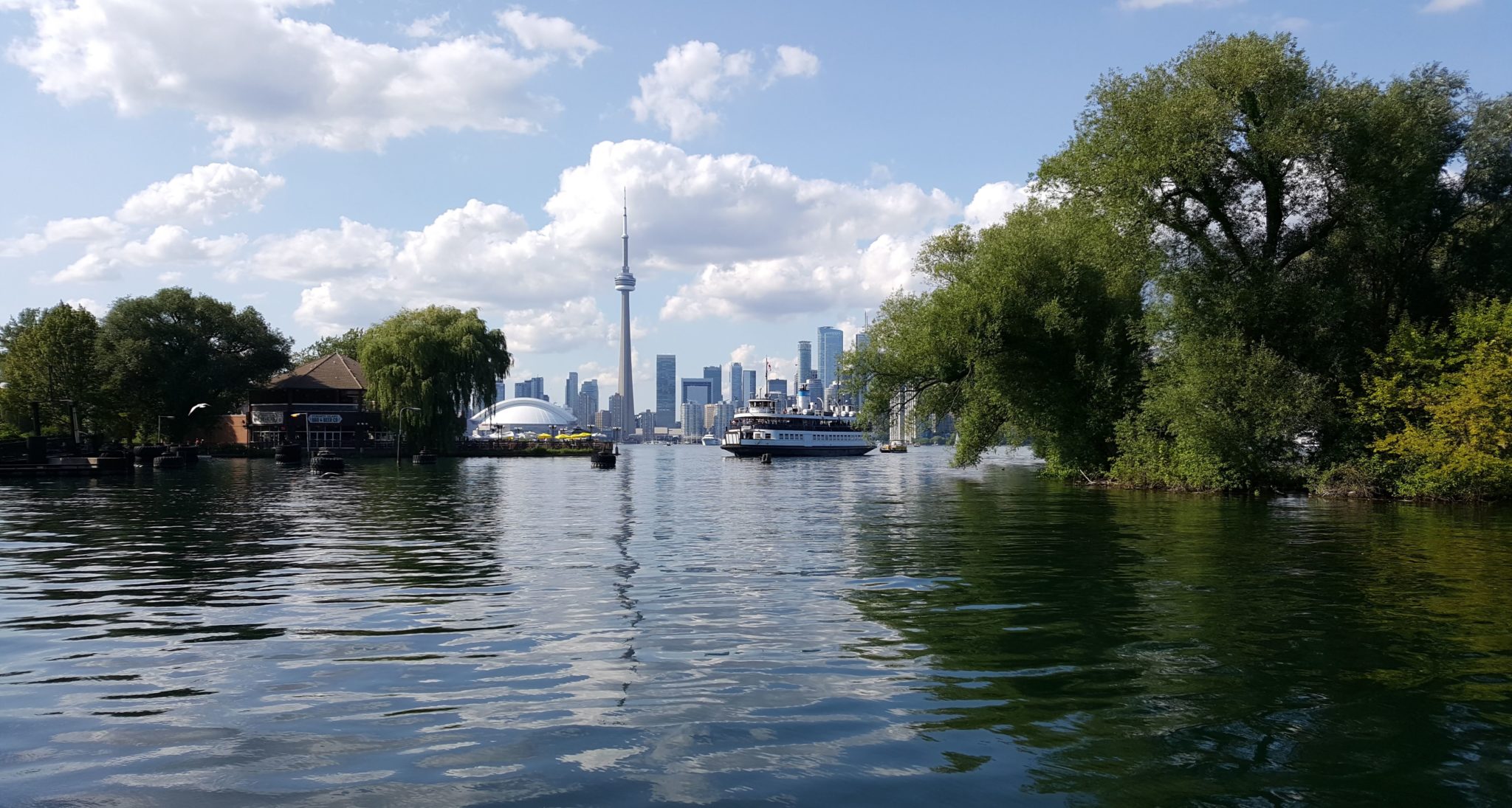
The provincial government continues to attack Ontario’s environmental protections and force sprawl onto farms and natural areas, rather than address the need for new homes in our communities. This means the responsibility to build new, affordable homes, stop car-dependent sprawl and reduce carbon emissions will largely fall on the City of Toronto – southern Ontario’s largest city. In 2022, the provincial government gave additional powers to the Mayor’s office, making this role even more essential for addressing important environmental, economic and social issues.

Whether you are deciding on your preferred candidate, talking to friends and family about the election or helping a candidate campaign door-to-door, it’s vital that you help to elect a new mayor who will deliver on seven key “litmus test” environmental policies:
- Stop sprawl and save southern Ontario’s Greenbelt, forests, farms, wetlands and wildlife habitat by:
- increasing Toronto’s Official Plan population growth target to at least 1,460,000 net new residents by 2051 and rapidly overhauling Toronto’s substantive zoning to reliably incentivize enough housing in that period for that many new residents; and
- altering the zoning in neighbourhoods in order to reliably incentivize, by 2051, more than 400,000 net new “family-sized” (1000sf) homes on low-car-traffic side-streets, including apartments, townhomes and garden suites.
- Save the TTC from a death spiral of service cuts, fare hikes and resulting declines in ridership even in the absence of additional federal or provincial funding by:
- quickly restoring 100% of pre-pandemic service levels; and
- operating dedicated, on-road, signal-priority bus lanes on Kennedy, Ellesmere and Midland starting before the November 2023 SRT shutdown, while also creating a temporary dedicated off-road TTC busway on what is now the SRT guideway.
- Make public transit the most practical and convenient way for Torontonians to get around by:
- accelerating the rollout of signal priority and dedicated rights of way, including by delivering permanent RapidTO bus/streetcar lanes on Jane, Dufferin, Steeles, Finch, Lawrence Kennedy, Ellesmere, Midland and three other major arterials within your first mandate as mayor and by planning at least ten more to be delivered the subsequent term;
- actively enforcing existing streetcar priority and automobile control measures on King Street;
- providing full transit signal priority for Eglinton Crosstown LRT; and
- deploying excess spare transit vehicles to increase the frequency of all TTC arterial bus and streetcar routes to every ten minutes or less.
- Increase active transportation mode share,* and make walking and cycling safe, convenient and practical for commuting, running errands and getting to school in every corner of Toronto by:
- preserving all existing bike lanes, approving and completing all planned and under study bike lanes and adding protective barriers to most unprotected bike lanes;
- increasing the planned size of the network of separated bike lanes by at least 200 km by October 2026;
- proactively mandating and funding pedestrian markings, accessible crosswalks and/or traffic signals at all intersections near schools, community centers, parks and commercial streets; and
- making redesigns that prioritize the safety and convenience of vulnerable road users whenever any non-trivial length of street is rebuilt.
- Rapidly reduce Torontonians’ energy and fossil fuel use by:
- trying to prevent any construction, expansion, increased use, or post-2029 extension of operations for the “Portlands Energy Centre” or any other gas plants in Toronto;
- requiring that furnaces, water heaters, stoves and ovens in new homes operate using electricity instead of fossil fuels;
- prohibiting the creation of new off-street automobile parking spaces in Toronto that do not have electric vehicle charging available;
- instituting a substantial commercial parking levy with significant discounts for spaces equipped for electric vehicle charging;
- preserving the substantive content, applicability and impact of the Toronto Green Standard, even if this requires enshrining them in zoning and/or other mechanisms; and
- shifting Greenhouse Gas Intensity limits and Total Energy Use Intensity limits in the Toronto Green Standard from a “per m2” basis to a “per bedroom and kitchen” basis.
- Get the details right by implementing the local actions set out in Toronto Environmental Alliance’s 2023 Toronto Mayoral Election Greener City for All Platform.
- End the buck-passing that has seen Toronto governments commit in principle to necessary environmental programs and investments, but fail to actually fund them by:
- canceling all portions of the costly “hybrid” plan to rebuild the Gardiner Expressway that are not already complete or physically under construction and redirecting the funds to the above environmental and housing priorities;
- introducing a significant Commercial Parking Levy on existing commercial parking spaces that are not required as form of disability accommodation, with a discount or partial exception; and
- committing that, in the event Toronto does not receive sufficient federal and provincial funding to deliver on all of the above environmental commitments or authority to create your preferred new revenue streams, you will collect enough other revenues obtainable using existing tools, as are required to reverse destructive TTC service cuts and fare hikes effective no later than February 2024, and to deliver the above recommended land use reforms and road modifications, and deliver as many of the other above “asks” as possible.
If you care about the environment, the most important thing you can do is vote. You can find out your ward, and when and where to vote here.
*Mode Share is the increase in the number of people who mostly travel by active transportation (e.g., walking and cycling).
The post Toronto Mayoral By-election on June 26th is Vital to the Future of Ontario’s Environment appeared first on Environmental Defence.
This post was originally published on Environmental Defence.